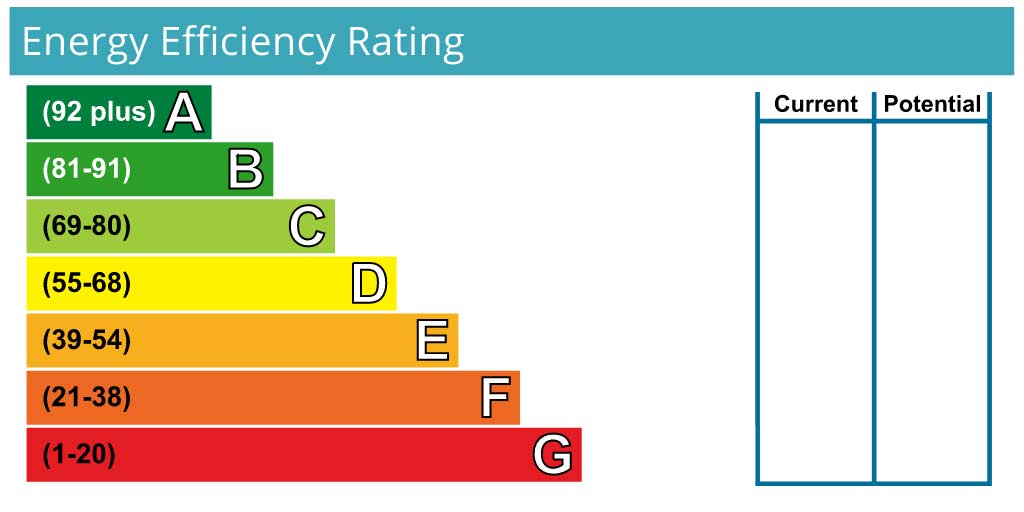This information should not be interpreted as financial, tax or legal advice. Mortgage and loan rates are subject to change.

Category: epc
Many landlords are worried about reaching Labour’s Energy Performance Certificate (EPC) targets, according to new research from a leading lender, Shawbrook Bank.
As part of their overarching plan of getting the UK to Net Zero (i.e. no excess carbon emissions), Labour want all Private Rented Sector (PRS) properties to achieve an EPC grade of ‘C’ or above by 2030.
A higher EPC grade indicates that a property is more energy efficient. This is good for the environment and can save tenants money in energy bills.
Are EPC targets achievable for majority of buy to let landlords?
According to Shawbrook’s research, 78% of private landlords are concerned about the situation surrounding the EPC goals. This is hardly surprising since they will affect all buy to let (BTL) landlords in the PRS.
Within that majority, 29% of landlords surveyed believe that the government will have to step in to offer financial support, if these EPC goals are to be reached. 16% admitted they would struggle to afford the expenses needed to upgrade their properties. Many more may understandably throw in the towel and sell up.
We have covered the possibility of Labour offering monetary help to BTL landlords (which lenders have openly called for), but as of the latest Renters’ Rights Bill reading in parliament, there is no official word one way or the other that this is on the cards.
Major obstacles
A source of fear for many private landlords in the PRS is that their properties are simply too old to be effectively insulated and proofed against the elements with modern renovations. A huge portion of the UK’s housing stock was built in the 1950s, or even earlier, long before modern energy efficiency standards came into play.
The drive to increase energy performance standards is also of benefit to tenants. However, for those that renting properties that require work, they may also be pressured into putting up with extensive renovations they never asked for.
Of course, many properties are already achieving the EPC grade that Labour expect. 22% of landlords have already made upgrades in direct response to the impending plans to increase EPC standards. The prospect of this first came about under the Tory government.
But, their experience will be far from universal.
Shawbrook’s MD of real estate comments
Emma Cox from Shawbrook has summarised the bank’s interesting findings:
Our experience has shown that landlords overall are motivated to improve their properties.
In 2022 we saw many take steps to do so both in response to demand from their tenants, and the-then targets from the government.
However, when these targets came into question, at a time of significant economic headwinds, many chose to hold off on costly renovation projects.
With these targets back in place, landlords now must play catch-up.
It’s encouraging to have greater clarity from the government which will allow landlords to put in plans in the run-up to 2030, but with just over five years left to comply it’s clear that landlords will need support to get there, both from the government and the industry.
When you consider the housing stock in the UK, much of which was built prior to 1950, the extent of the challenge is clear.
According to the English Housing Survey, 12% of the private rented sector is currently rated E to G.
It’s also worth acknowledging that the cost of improvements is consistent nationwide, but the impact is disproportionately higher for landlords with lower-value properties, making a £10k investment far more burdensome in the North than in London, for example.
Having a quality, energy-efficient, professional private rented sector is critical, particularly at a time when homeownership and access to affordable housing remains challenging. But this must be achieved with the support from government and industry.
Shawbrook’s survey has certainly helped to illuminate the general sentiment among landlords. A large portion only have limited time to bring their EPC grades up to par, but much can change in the span of six years and the landscape may be very different by 2030.
There has also been talk of the EPC system being changed completely, and another measure of energy efficiency being used to assess housing energy efficiency. We will keep you up to date on all EPC-related news.


